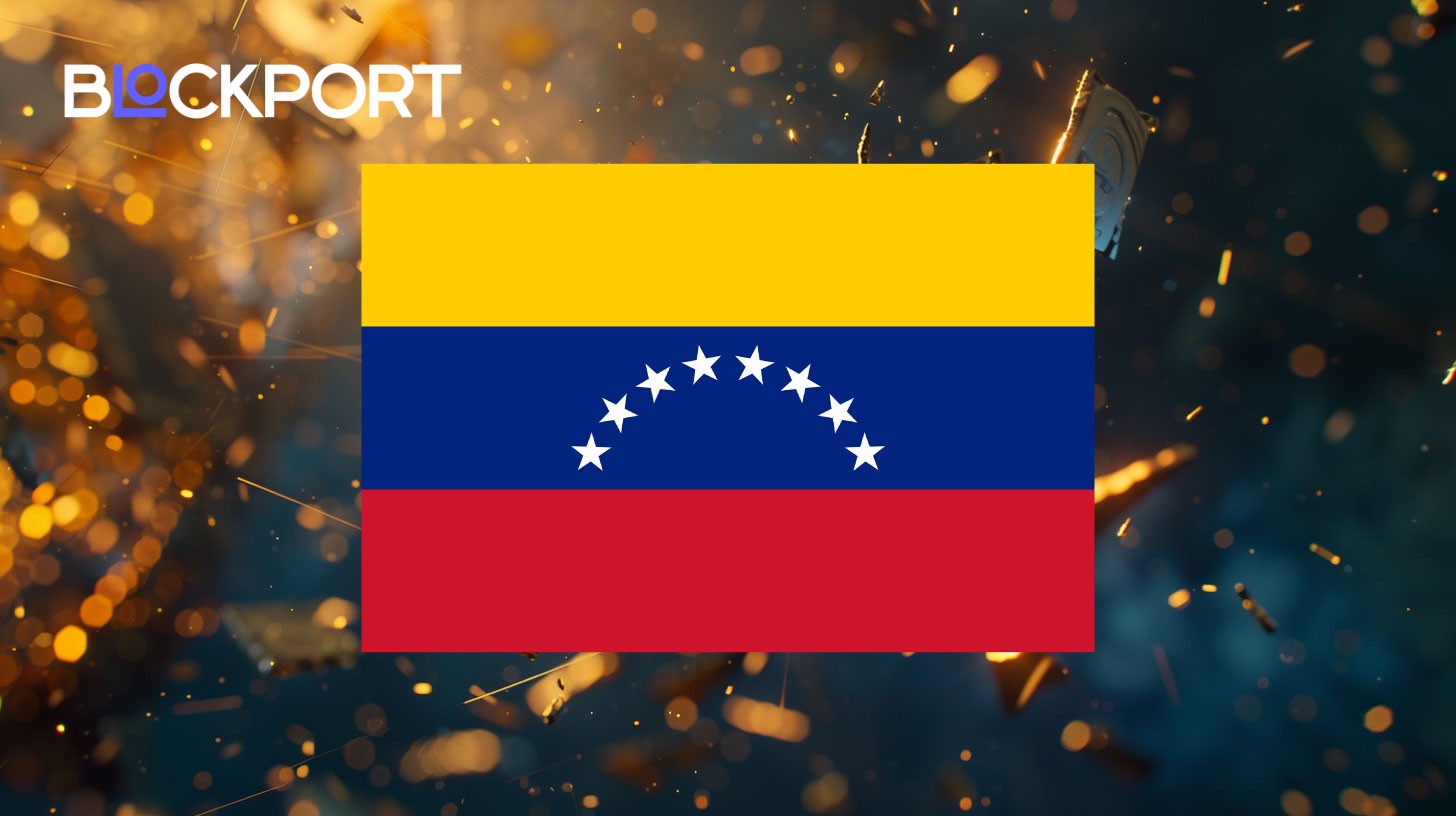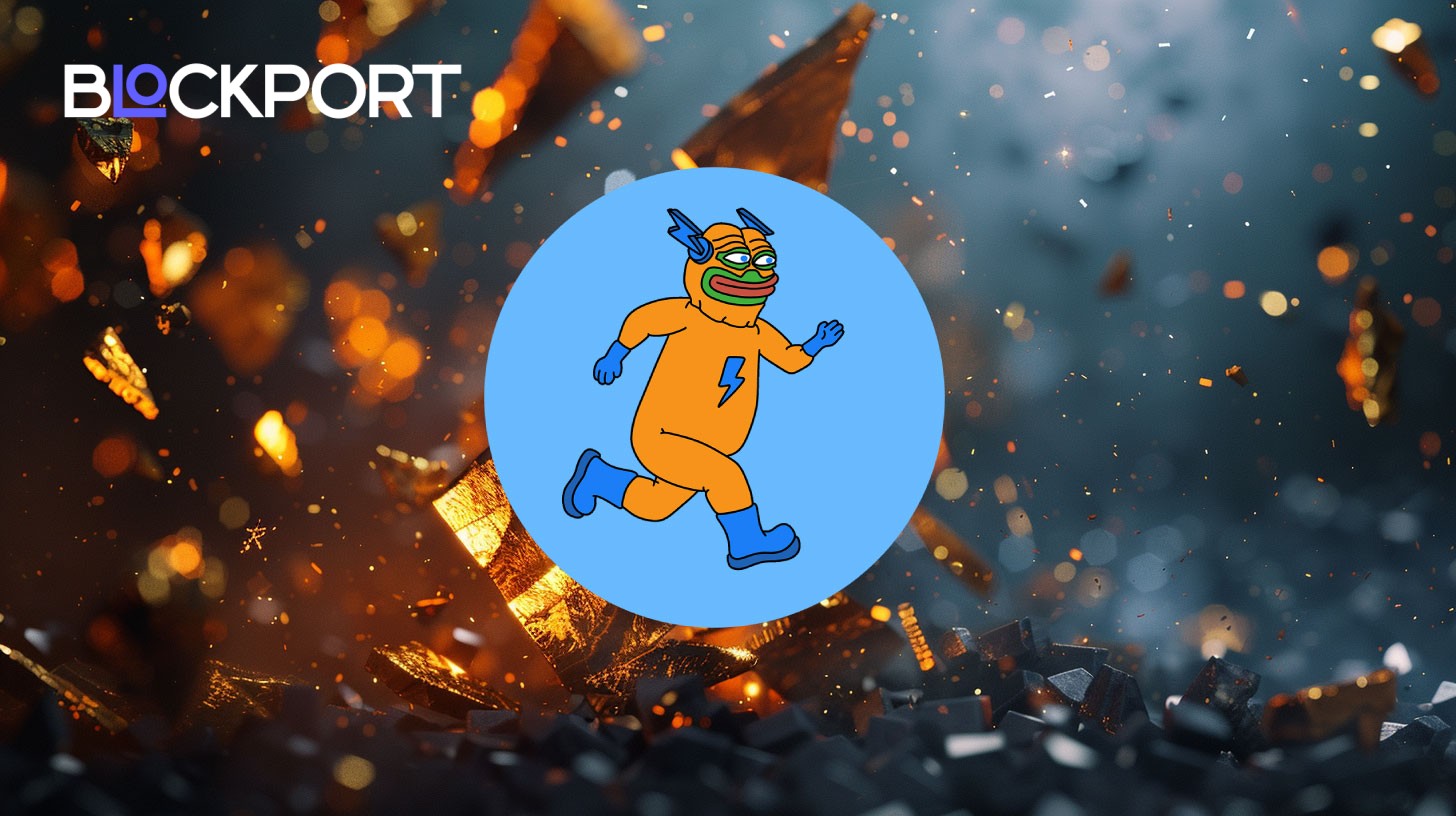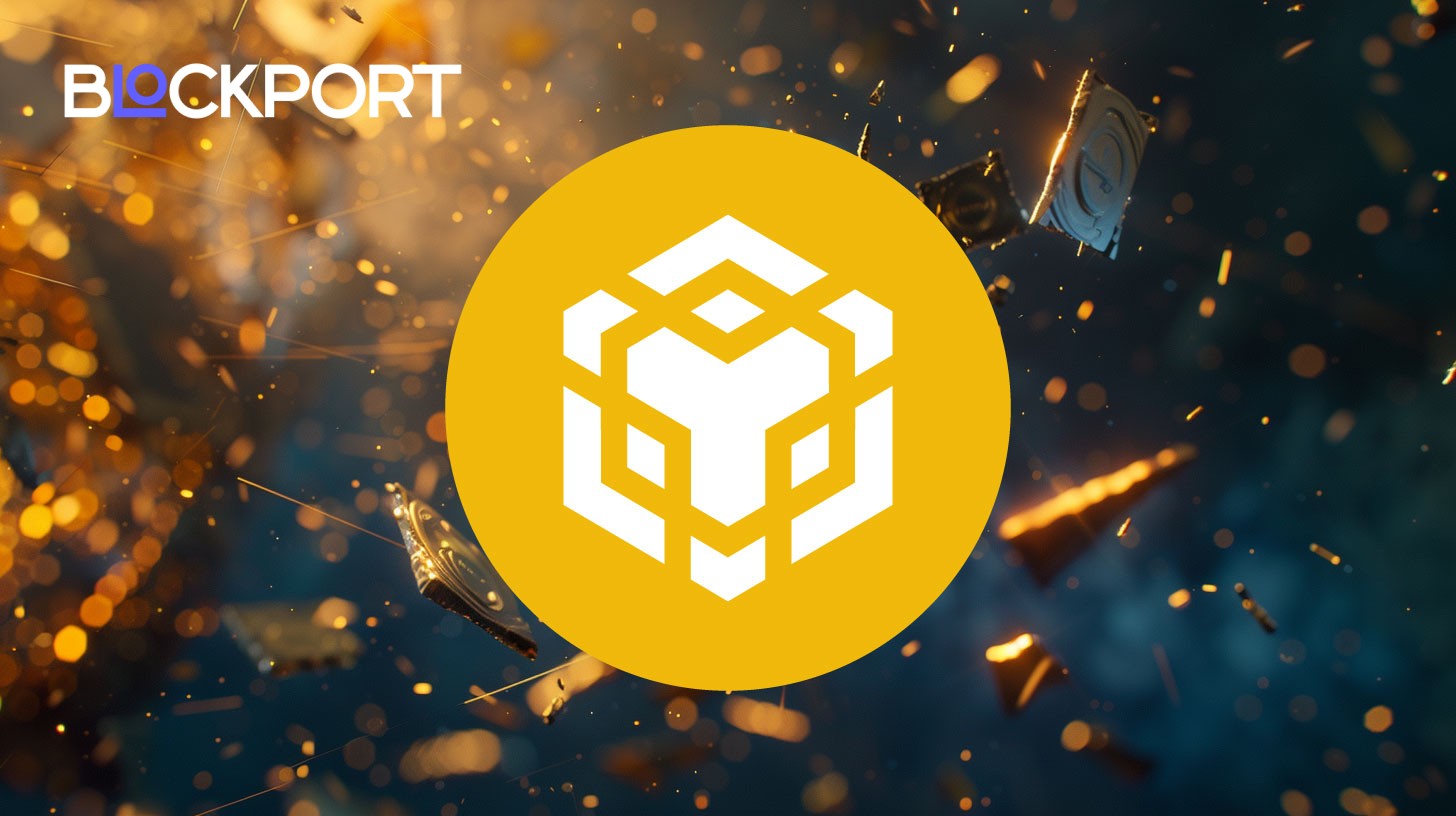“Communities Are Useless”: Solana Founder Ignites Firestorm Amid Memecoin Boom

Are communities the heart of the crypto world? Solana founder Anatoly Yakovenko thinks not. He called them “useless,” sparking a storm of criticism, especially amid the recent memecoin boom.
The incident involving Anatoly Yakovenko, one of Solana’s founders, once again stirred up the crypto world. His controversial response to a post by Nikita Bier, X’s Head of Product, became a catalyst for heated discussions and criticism.
Yakovenko’s views, which many found dismissive of community, prompted reflection: what is the true role of community, especially in an era where memecoin hype overshadows technological advancements?
Technocrat vs Idealists: Yakovenko’s “Useless” Community
“Communities are useless.” With those three words, posted on X, Yakovenko set off a wave of backlash and soul-searching. The timing couldn’t have been more provocative. His dismissal of community comes as memecoins surge on Solana, driven largely by grassroots enthusiasm.
Moreover, this position contrasts sharply with the prevailing ideology of decentralization, where communities are perceived as a cornerstone. In the crypto world, where projects often begin as social experiments rather than technology companies, such a statement sounds provocative. For many, it became a sign of “centralization” and “elitism,” where the technical team places itself above ordinary users.In 2023, Yakovenko made similar remarks in an interview on the Unchained podcast, where he emphasized that the community is not the driving force behind the project. For him, the quality of the code is paramount.
I would say that community is useless in some sense. The core value that we provide is the code. And how good it is. At the end of the day, we don’t run validators, we don’t run any of that, we just write code, and then people use it,
Yakovenko said in a 2023 interview on the Unchained channel.
This statement can be seen as an attempt to delineate areas of responsibility. Yakovenko views his role as an engineer and architect who creates a reliable and scalable foundation. He believes his mission is to create a quality product, upon which the community can then build whatever it desires. From this perspective, he isn’t diminishing the role of the community but rather distancing himself from it, emphasizing that his focus is on technology.
Why Yakovenko Statement Hit a Nerve
Yakovenko’s words gained particular intensity precisely in the context of the explosive growth of memecoins on Solana. Projects like Dogwifhat (WIF) and Bonk (BONK) became symbols of a “grassroots” movement. Their value grew not due to technological innovations or real utility, but solely thanks to the energy and activity of their communities. In this world, hype, memes, and collective effort prove far more important than code.
Solana’s on-chain activity is largely driven by dedicated meme token holders. According to Dune data, 62.4% of SMTA holders are “Diamond Hands,” showing long-term commitment despite price swings. Short-term traders make up the remaining 37.6%.
This is why Yakovenko’s statement about the uselessness of communities was perceived as a direct attack on this new reality. Critics saw arrogance in his words towards the thousands of people who, by playing and investing in memecoins, effectively provide liquidity and draw attention to the Solana network. Many in the crypto community disagreed with Yakovenko’s position, emphasizing that without an active community, even the most perfect code will remain unclaimed.
Two Worlds, One Network: Technology vs. Hype
This scandal vividly illustrates the divide within the crypto industry. On one side, we have the world of “true believers,” where community is the driving force and decentralization is a sacred ideal. This is a world where people are willing to invest in jokes (memecoins) because they believe in the power of collective action. On the other side, there is the world of technocrats, to which Yakovenko belongs. For them, the main focus is technological superiority, scalability, and performance. They see community as just one of many factors for success, and not always the most important one.
Interestingly, both of these worlds coexist within the Solana ecosystem. It is the powerful and fast network, built by Yakovenko and his team in 2020, that allowed memecoins, with their immense liquidity and thousands of transactions, to flourish. Thus, the technological foundation that Yakovenko considers his greatest achievement became the platform for the very community he called “useless.” This creates an interesting paradox: the engineer who dismisses communities created the ideal environment for their prosperity.
Ultimately, Yakovenko’s words are not just an outburst but rather an invitation to a discussion about what is more important: ideals or pragmatism, hype or technology, community or code. And the answer to this question, most likely, lies somewhere in the middle, as one cannot exist without the other.
Content on BlockPort is provided for informational purposes only and does not constitute financial guidance.
We strive to ensure the accuracy and relevance of the information we share, but we do not guarantee that all content is complete, error-free, or up to date. BlockPort disclaims any liability for losses, mistakes, or actions taken based on the material found on this site.
Always conduct your own research before making financial decisions and consider consulting with a licensed advisor.
For further details, please review our Terms of Use, Privacy Policy, and Disclaimer.



























